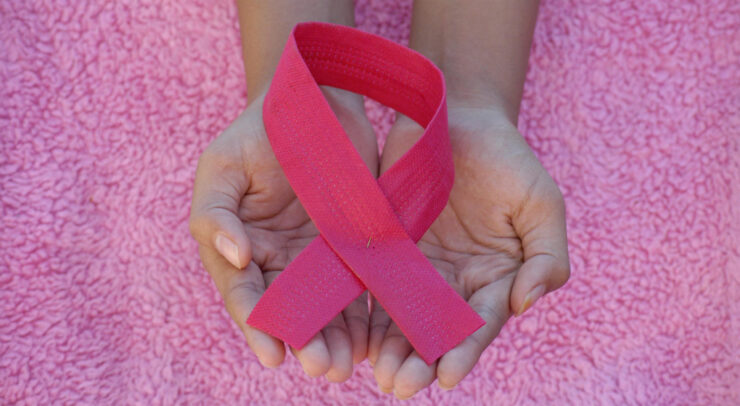“Factors such as poverty, gender, culture, and anti-Black racism contribute directly and indirectly to breast cancer disparity among women.”
According to the Canadian Cancer Society, over 28,000 women will be diagnosed with breast cancer and 15 will die from it each day in 2022 alone. It is the second most common form of cancer in Canada, and the most common among women.
In addition, research by the American Cancer Society published in 2019 found that breast cancer is the leading cause of death by cancer in Black women. African-American women had a 31 per cent mortality rate — higher than all other races and ethnicities.
While the exact numbers are unknown, experts estimate that African, Caribbean, and Black (ACB) women in Canada are also at a higher risk. At the University of Ottawa, the Interdisciplinary Centre for Black Health (ICBH) hopes to tackle this disparity through public education.
“We will organize at the beginning of 2023 a talk on breast and cervical cancers. In Canada, there are little studies on cancer among Black populations. However, based on research conducted in the US and the few in Canada, the barriers are related to screening, diagnosis, as well as treatment,” wrote Dr. Jude Mary Cénat, professor of psychology and director of the ICBH.
The barriers listed by Cénat fall under the social determinants of health, which are described as social and economic factors contributing to varying health outcomes between different individuals or groups.
“Generally, we know that factors such as poverty, gender, culture, and anti-Black racism contribute directly and indirectly to breast cancer disparity among women. We have no specific studies at the Centre to determine why Black women carry the greater burden of breast cancer. However, it is important for Black community leaders, researchers, and healthcare professionals to be represented in work surrounding racial inequities in breast cancer,” added Dr. Josephine Etowa, founding member of the ICBH and director of the Collaborative Critical Research for Equity & Transformation in Health (CO-CREATH) lab.
To commemorate Breast Cancer Awareness month and raise awareness among Black women students, the Black Student Leaders Association (BSLA) at the U of O hosted an Instagram live presentation for their members.
“Looking at our member list, we noticed that over 60 per cent of them were black women. Of that 60 per cent, most of them are new arrivals to Canada, be it international students or immigrants who aren’t necessarily aware and knowledgeable about the Canadian Health Care System and screening for Breast Cancer. Since it was Pink October, and we just had one of our members who had lost a classmate back home to breast cancer, we thought it best to create an opportunity to share the knowledge and resources,” wrote Hilary Dondji, a fourth-year student in financial mathematics and economics, and BSLA co-president.
Dondji added, “Given that most members come from developing countries, the concept of regular screening for breast cancer was quite new to them. We encouraged them to be more interactive with the health care system through the primary health care providers and to not be scared to ask questions and take advantage of resources.”
Click here to access breast cancer resources for Black women in Canada.








